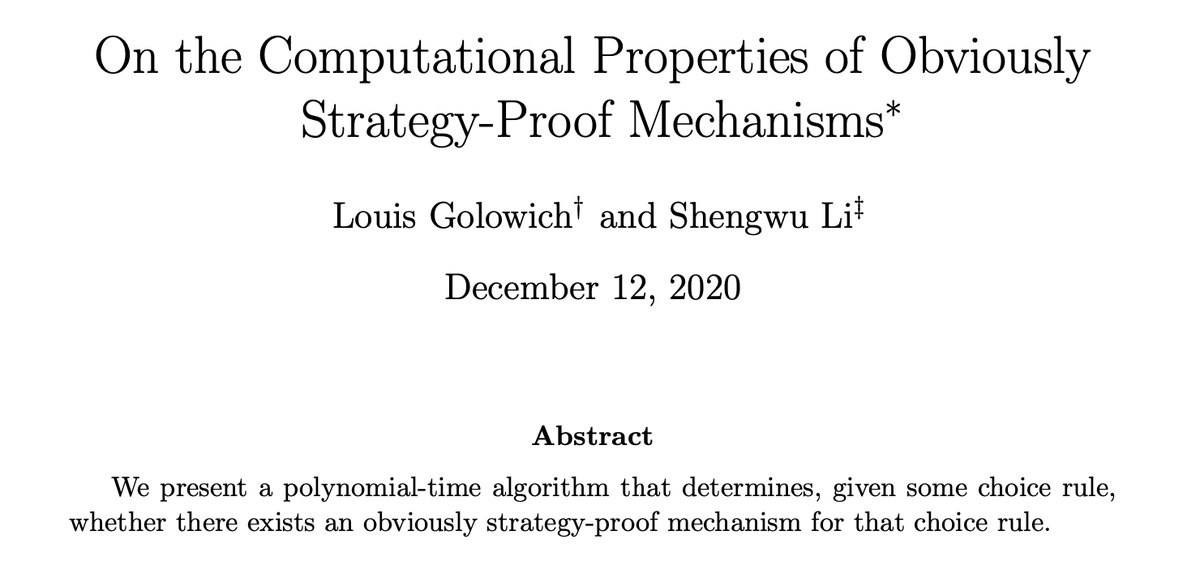
IMO: If you are an econ theorist, and are regularly attempting more than 6 hours of research work a day, you are not on the research-leisure Pareto frontier. Real focus is physically draining, and creativity can't be forced. 🧵
https://twitter.com/MarthaOlney/status/1363302965931503616
By research work, I mean work that requires full concentration and mental acuity, e.g. writing proofs, learning new technical tools, learning other papers. Answering routine e-mail not included. I make no claims about empirical research.
You can sprint more than 6 a day (e.g. for a conference deadline), but this should be occasional or you will burn out. You might do a proof for 10 hours in a state of flow, but that is a rare blessing.
Of course, not everyone has the luxury to even attempt 3 hours of research a day. Teaching loads and administrative obligations are heterogeneous across academics. Those can take substantial time that I'm not counting here.
My point is that even if working on a proof for 9 hours a day without weekends is in the feasible set, (in the long run) it is probably dominated in both productivity and leisure by working on the proof for 5 hours a day. Go for a walk to clear your head. Watch a movie. Breathe.
• • •
Missing some Tweet in this thread? You can try to
force a refresh




